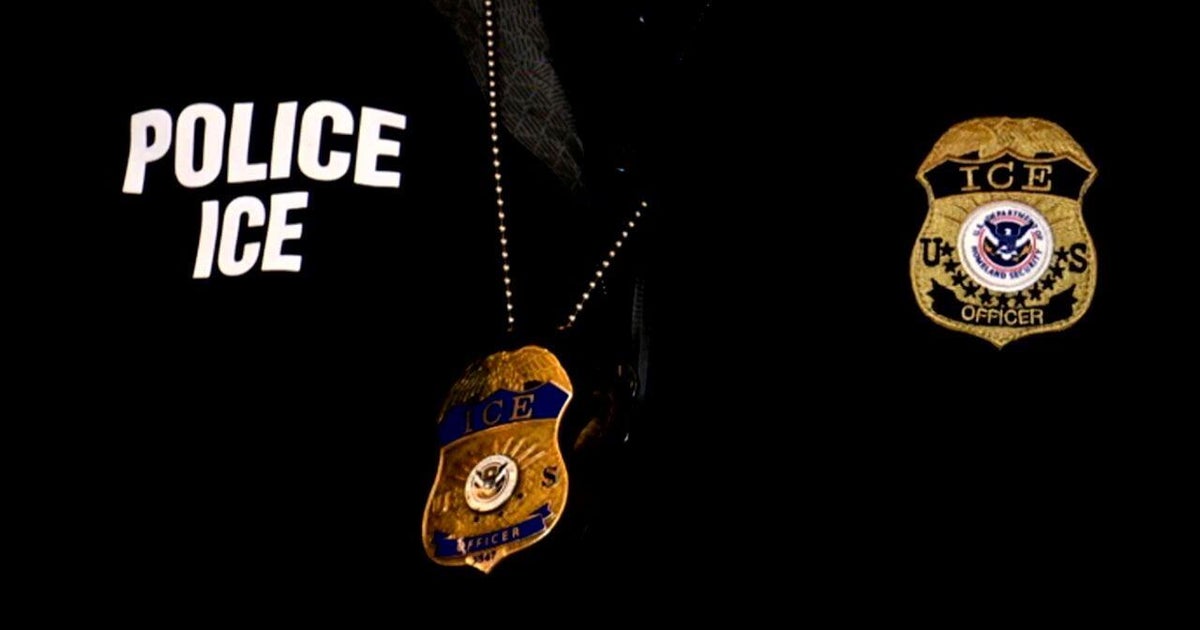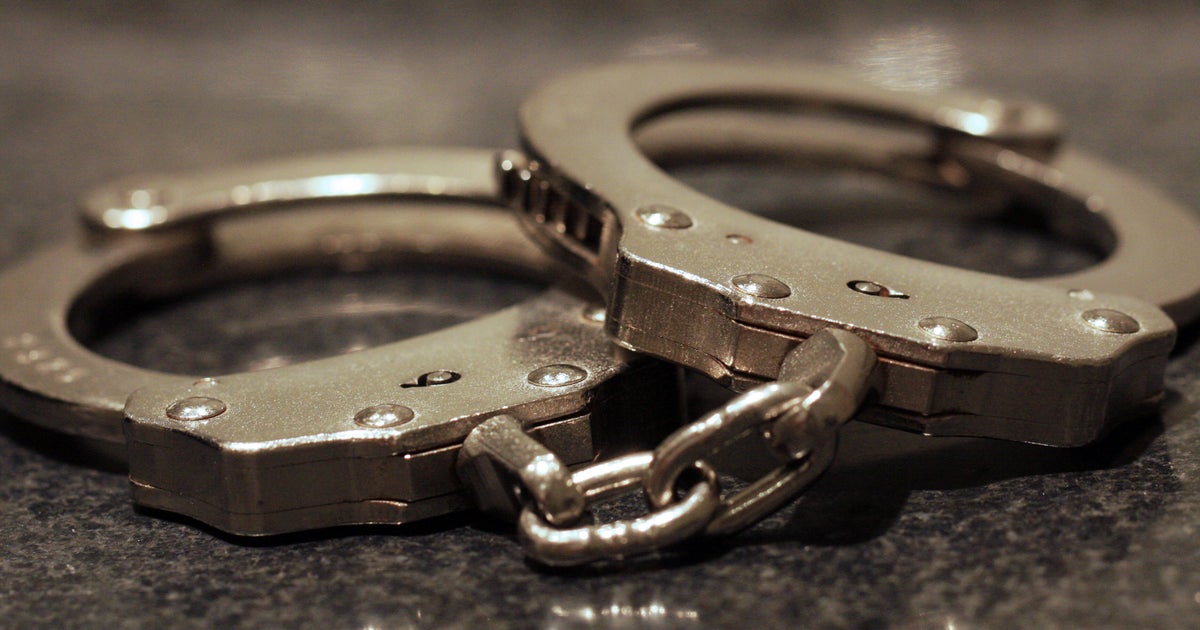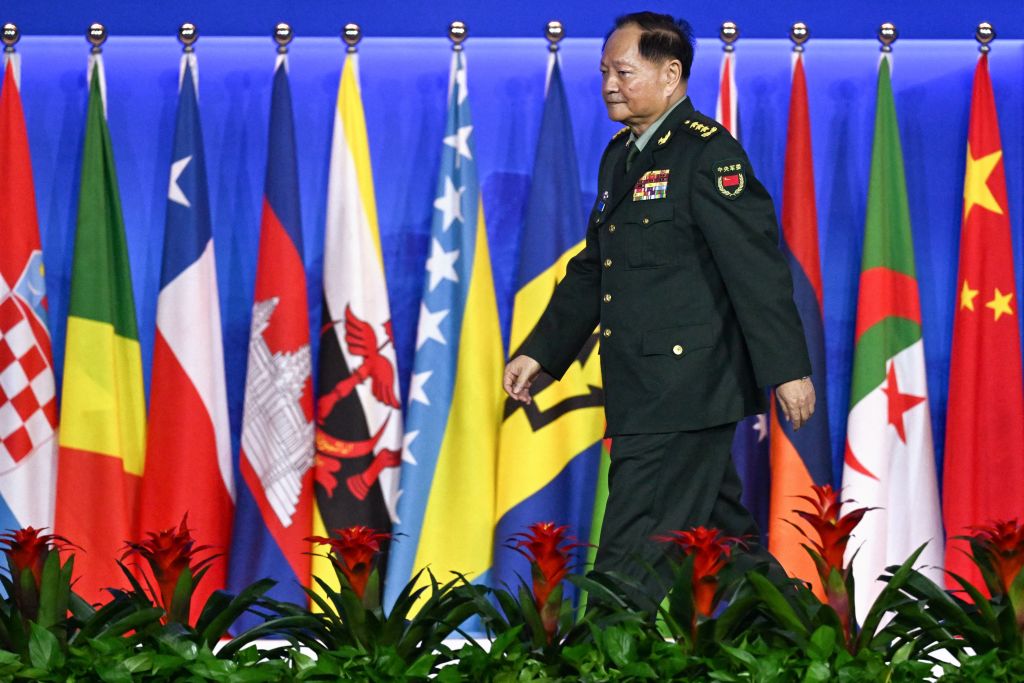Huawei CFO arrest: 5 things to know about China's Huawei
China is demanding that Canada release a Huawei Technologies executive arrested for possible extradition to the United States. Huawei's chief financial officer, Meng Wanzhou, was arrested Saturday in Vancouver, Canada.
The Globe and Mail newspaper, citing law enforcement sources, said she is suspected of trying to evade U.S. curbs on trade with Iran.
Meng is also deputy chairman of the board and the daughter of Huawei founder Ren Zhengfei, as CBS News partner network BBC News reports,
In a statement, Huawei said Meng was changing flights in Canada when she was detained "on behalf of the United States of America" to face "unspecified charges" in New York. It added that it is "not aware of any wrongdoing by Ms. Meng."
Here are some key facts about the fast-growing telecoms equipment supplier.
What is Huawei?
The privately held company, based in southern China's tech hub of Shenzhen near Hong Kong, is the world's largest supplier of network gear used by phone and internet companies. Huawei also recently surpassed Apple as the second biggest maker of cellphones after South Korea's Samsung Electronics Co. The company, founded in 1987 by a former military engineer, Ren Zhengfei, has 170,000 employees worldwide and says it has business in more than 170 countries.
Why is the company in the spotlight?
Canadian officials said Meng faces possible extradition to the United States. The U.S. Justice Department has refused comment. The Globe and Mail newspaper cited law enforcement sources as saying she is suspected of trying to evade U.S. curbs on trade with Iran. Huawei says the U.S. requested Meng's arrest and it is unaware of any wrongdoing. The company says it abides by all laws and rules where it operates.
Huawei's Iran business
Huawei's business in Iran grew after Western companies withdrew to protest a crackdown on demonstrators in 2009. But the company said in late 2011 that it was limiting its business activity and no longer seeking new customers there because of an "increasingly complex situation."
In April, China appealed to the U.S. to avoid damaging business confidence after The Wall Street Journal reported Washington was investigating whether Huawei had violated sanctions on Iran. The report did not say what Huawei might be suspected of.
Huawei and ZTE
Both Huawei and ZTE Corp. have faced trouble with the U.S. and other governments over dealings with Iran and fears the Chinese companies' equipment might be used for spying. ZTE was nearly driven out of business this year when Washington barred it from buying U.S. technology over exports to North Korea and Iran.
President Donald Trump restored access after ZTE agreed to pay a $1 billion fine, replace its executive team and embed a U.S.-chosen compliance team in the company. Huawei seems much stronger commercially than ZTE, with the biggest research and development budget of any Chinese company and a vast portfolio of patents, making it less dependent on American suppliers.
What's next
It's unclear exactly what charges Meng could face if she is extradited to the United States. Security concerns have hampered Huawei's business in the U.S. as acquisitions were rejected and companies warned not to source network equipment from Huawei or ZTE.
That means the U.S. has less leverage over Huawei than over ZTE and some other Chinese companies. But the company is likely feeling pressure as other governments heed U.S. calls to limit Huawei's access to their telecoms networks and strategically vital technologies.



